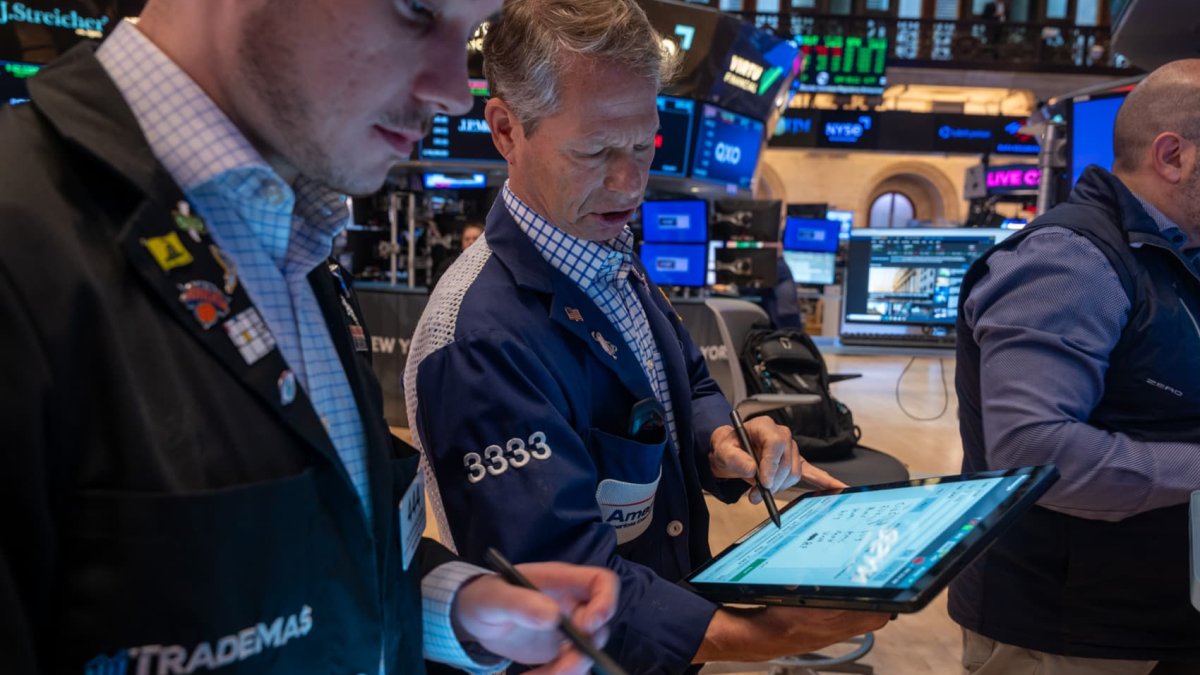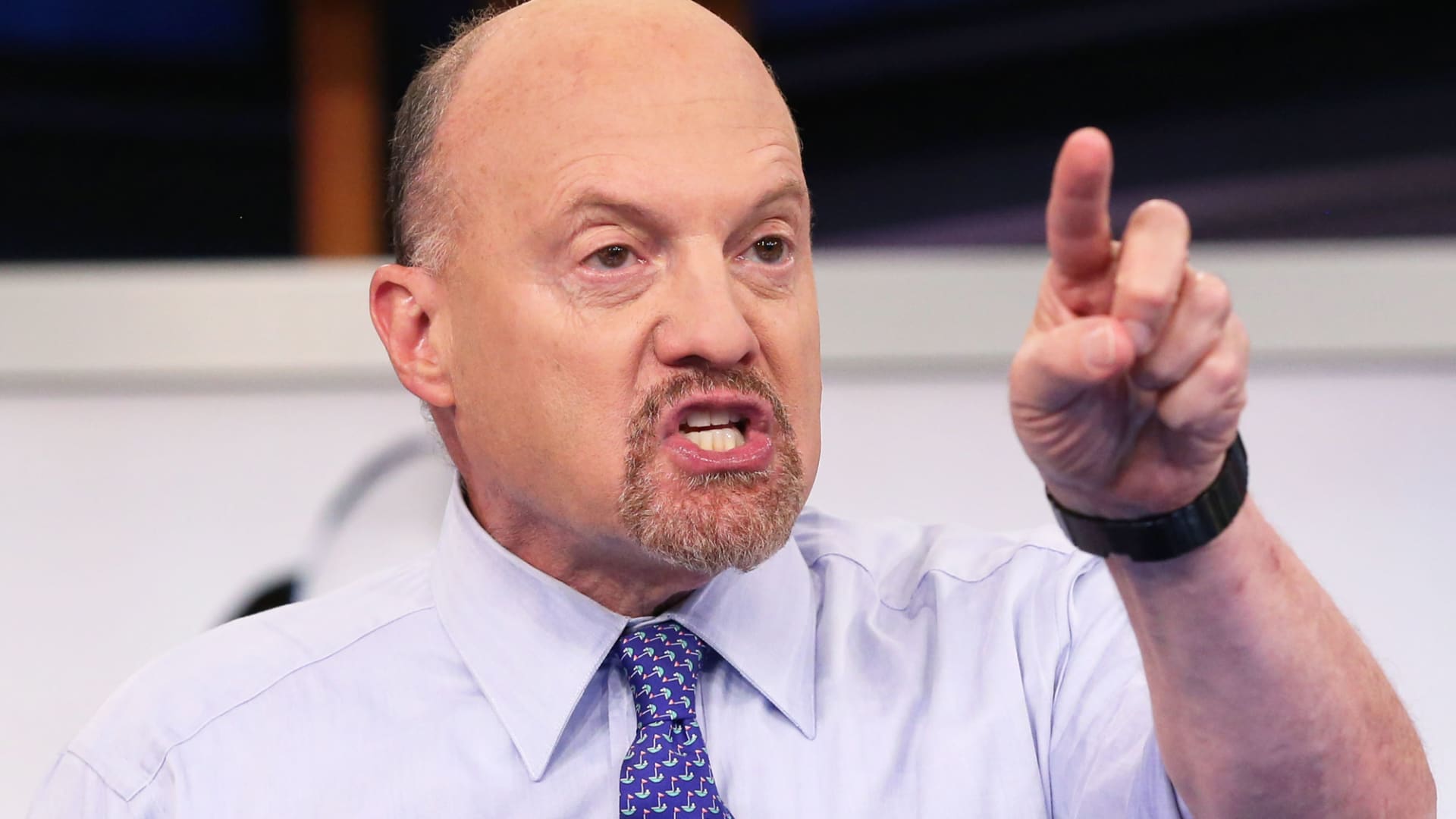Key Market Insights Before Tuesday's Opening Bell

The financial markets commenced the week with notable attention on ongoing trade negotiations between the United States and China. On Monday, major stock indexes exhibited modest movements; the S&P 500 recorded a gain of 0.09%, and the Nasdaq Composite advanced by 0.31%, reaching its highest point since February. Conversely, the Dow Jones Industrial Average experienced a minor decline, losing 1.11 points. These talks, taking place in London, were scheduled to extend into Tuesday, fostering anticipation for a potential agreement. In premarket activity, U.S. stock futures showed minimal change. Nasdaq futures edged lower, while S&P 500 and Dow Jones Industrial Average futures remained flat to slightly down. Other market shifts included Bitcoin surging to trade above $109,000, a decrease in the 10-year Treasury note yield, and an uptick in oil and gold futures.
In the technology sector, Apple's annual Worldwide Developers Conference (WWDC) began, featuring several software updates, though it was relatively light on groundbreaking announcements. The standout reveal was a new operating system named "Liquid Glass," poised to redefine the user interface of Apple devices, from iPhones to Macs. This represents the first significant visual overhaul since 2013 and is slated for consumer release in the fall, following a testing phase. Apple also disclosed plans to increase its focus on gaming, enhance Apple Music with new features like lyric translation, and introduce new functionalities for its Vision Pro headset. Despite these developments, which included AI-related enhancements to iOS 26, company executives stated that further time would be necessary to integrate advanced AI capabilities into Siri, such as enabling interaction with third-party applications. Apple (AAPL) shares were reported to be trending slightly lower in premarket trading as the conference entered its second day.
The drive for superior artificial intelligence remains a paramount objective for leading tech corporations. Meta Platforms (META) CEO Mark Zuckerberg is reportedly forming a "superintelligence group" comprising 50 AI specialists. This strategic move is aimed at positioning Meta at the forefront of the competition to achieve artificial general intelligence (AGI). A Bloomberg report suggests that Zuckerberg's direct involvement in the recruitment process is partly motivated by dissatisfaction with the reception and performance of Llama 4, Meta's latest large language model. Following this news, Meta shares saw a modest premarket increase of less than 1%.
Meanwhile, Microsoft (MSFT) has benefited from strong investor confidence in its AI strategies, with its stock extending an eight-session winning streak on Monday. Financial analysts have lauded Microsoft's prominent standing in the AI arena, with Wedbush analysts underscoring this dominance. Bernstein highlighted Microsoft's collaboration with OpenAI, the developers of ChatGPT, as a key factor that could significantly boost revenue for its Azure cloud platform. Microsoft shares, which had appreciated by 12% year-to-date before Tuesday, indicated a slight downturn in premarket trading.
The robust demand for AI chips continues to fuel growth for semiconductor firms. U.S.-listed shares of Taiwan Semiconductor Manufacturing Co. (TSM) climbed nearly 2% in premarket trading after the company announced a significant rise in May revenue. TSMC's revenue for May reached 320.52 billion New Taiwan dollars ($10.70 billion), marking an almost 40% increase year-over-year, though it represented an 8% decrease from April's figures. For the January-to-May period, revenue surged by nearly 43% compared to the corresponding period last year, reflecting the sustained high demand for its sophisticated chips. TSM's U.S.-listed shares had already achieved a 5% gain year-to-date leading into Tuesday.
On the economic front, encouraging news emerged regarding inflation trends. A survey by the New York Federal Reserve revealed that Americans' inflation anxieties lessened in May 2025. The one-year inflation outlook dropped notably to 3.2%, a 0.4 percentage point decrease from April. The three-year inflation forecast also fell by 0.2 percentage points to 3%, while the five-year projection eased to 2.6% from 2.7%. Although these rates remain above the Federal Reserve's 2% inflation target, they signify an improvement, reportedly occurring after President Donald Trump moderated his stance on severe tariff implementations.
In policy-related news, U.S. Health and Human Services (HHS) Secretary Robert F. Kennedy Jr. declared the dismissal of all 17 vaccine advisors from the Advisory Committee on Immunization Practices (ACIP). ACIP consists of independent medical and public health experts who formulate vaccine recommendations for the Centers for Disease Control and Prevention based on rigorous scientific evaluation. Kennedy, a noted vaccine skeptic, has implemented other measures seen as potentially weakening vaccination initiatives in the U.S. since taking office. He asserted that the committee was "plagued with persistent conflicts of interest and has become little more than a rubber stamp for any vaccine," despite reports indicating no such issues had been identified for several years.
The dynamic nature of technology and innovation was further emphasized by CNBC's Disruptor 50 list. For the first time in 13 years, a defense technology firm, Anduril Industries, secured the top position. Anduril, which partners with the tech industry to pioneer future military technologies, reflects an increasing prominence of defense tech in venture capital, political discourse, and societal trends. Three other defense tech companies—Flock Safety, Saronic Technologies, and Shield AI—also made the list. These four firms collectively boast a combined valuation exceeding $45 billion and have attracted nearly $10 billion in investment. Artificial intelligence continued to be a pivotal technology for the startups recognized on this year's list, highlighting its widespread impact across various sectors.
You may also like...
Loki Star's Tragic Plea: Jack Veal, 17, Reveals Homelessness in Heartbreaking Video

Marvel actor Jack Veal, known for playing young Loki, has appealed for help after becoming homeless at 17 due to alleged...
Oasis Mania Explodes: Reunion Tour Confirmed Amidst Ticketmaster Battle & Murrayfield Mayhem!

The highly anticipated Oasis reunion tour is underway, with bassist Andy Bell confirming his return to the band's lineup...
Vinted Fiasco: Resellers Spark Fury Over Inflated Primark Prices

Primark's popular croissant-printed pyjamas have become a viral hit, quickly selling out in stores and leading to widesp...
Botched Beauty Horror: Kitchen Lip Filler Victim Speaks Out

The unregulated world of 'cowboy' cosmetic surgery is causing severe harm and even death, as highlighted by tragic cases...
Terrifying Health Scare for Pregnant Chloe Radford Sparks Tears and Hospital Dash!

Chloe Radford, from "22 Kids and Counting," faced a distressing pregnancy scare, rushing to the hospital after not feeli...
Uganda's Hospitality Revolution: Apprenticeship Program Fuels Future of Tourism

Uganda's Ministry of Tourism, Wildlife and Antiquities is actively developing a skilled hospitality workforce through it...
US Strikes Again: Fresh Travel Advisory Ignites Fury and Fear in Nigeria

A recent U.S. travel advisory and escalating visa restrictions on Nigeria have ignited strong criticism from Nigerian di...
Blast From The Past! School Dinner Lady's Legendary Sponge Cake Recipe Revealed

Kate Keogh and her former dinner lady mother have taken TikTok by storm, sharing simple recipes for beloved school dinne...




